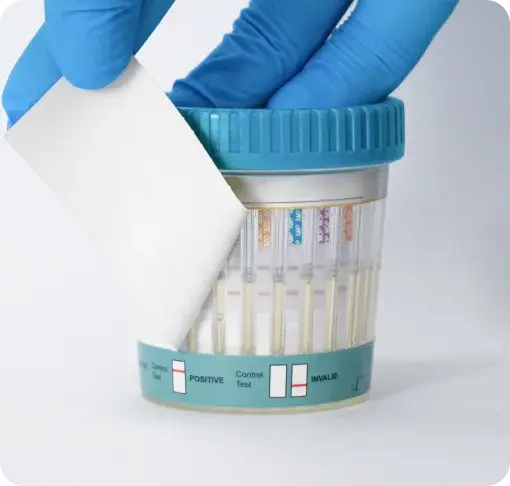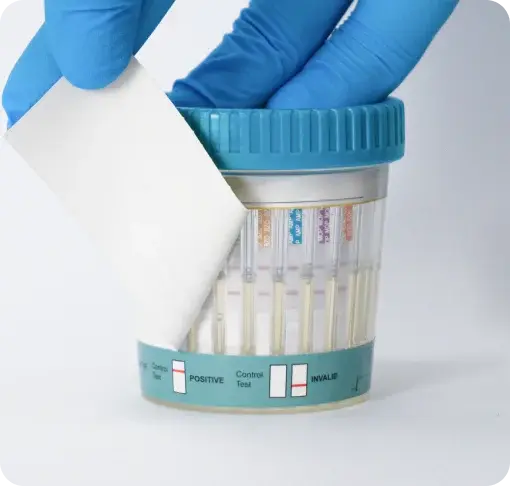Keeping Supported Housing Units Safe
Point of care (POC) drug testing is effective in supported housing in the UK for several reasons. We discuss these below.
- POC testing provides rapid results, allowing for immediate intervention if drug use is detected. This is essential for managing residents' behaviour and ensuring the safety and wellbeing of all residents. Immediate results enable quick decision-making regarding the need for additional support or adjustments in care plans.
- POC testing devices are typically easy to use, allowing staff members to perform tests accurately, after some quick training. The tests can be conducted onsite, eliminating the need for residents to travel to a testing centre. This convenience is particularly beneficial for individuals with mobility issues or those who are less likely to attend off-site appointments.
- POC tests are generally less expensive than laboratory tests, making them a cost-effective option for supported housing facilities if budgets are limited. Any cost savings from using POC tests can be redirected towards other essential services and support programmes for residents.
Planning a Point of Care Testing Strategy
The ability to conduct frequent and random testing helps encourage residents to comply with their treatment plans and remain accountable for their actions. Knowing that they may be tested at any time can act as a deterrent to drug use among residents.
Another advantage of POC testing is that it can be conducted in a more familiar and supportive environment, helping to build trust between residents and staff. Immediate feedback from POC tests can be used constructively to offer support and reinforce positive behaviour changes.
Early detection of drug use can be facilitated using POC testing within supported housing. This can be a useful tool in preventing escalation in drug use and addressing issues before they become more serious.
Creating Safer Environments
Rapid detection of drug use allows for immediate action to prevent potential overdoses, providing a safer living environment for all residents. Immediate test results obtained through POC allow for the customisation of care plans to meet the specific needs of each resident, enhancing the effectiveness of support programmes. Regular POC testing helps in monitoring residents' progress, enabling adjustments to be made to their care plans based on real-time information.
POC drug testing is very effective in supported housing due to its ability to provide immediate results, convenience, cost-effectiveness, encouragement of compliance, early detection, tailored care plans, and reduction of overdose risks. These benefits collectively contribute to a safer, more supportive, and responsive living environment for residents and staff.

